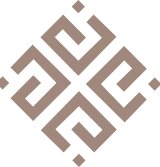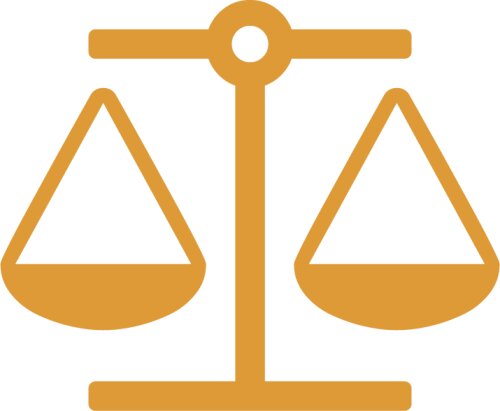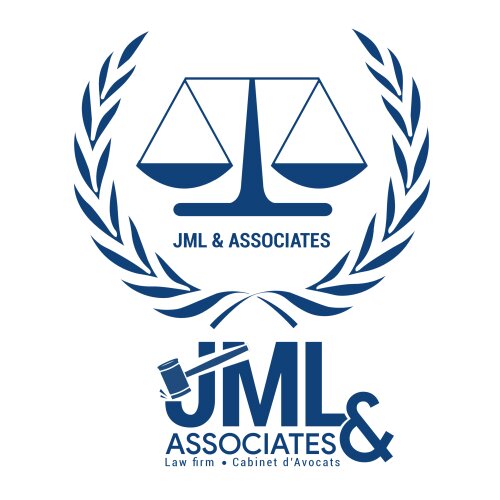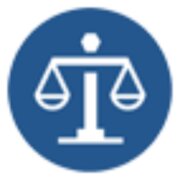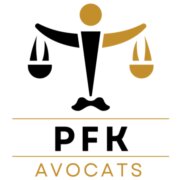Best Child Abuse Lawyers in DR Congo
Share your needs with us, get contacted by law firms.
Free. Takes 2 min.
Free Guide to Hiring a Family Lawyer
Or refine your search by selecting a city:
List of the best lawyers in DR Congo
About Child Abuse Law in DR Congo
Child abuse in the Democratic Republic of the Congo (DRC) represents a significant challenge, reflecting a broader global issue but compounded by local factors such as poverty, armed conflict, and weak law enforcement. The law defines child abuse as any action that physically or emotionally harms a child. In the DRC, prevailing cultural norms and lack of awareness exacerbates the situation, although efforts are being made to curb this through legal reforms and increased advocacy.
Why You May Need a Lawyer
Seeking legal advice on child abuse matters in the DRC might be necessary in several scenarios, including:
- Reporting abuse that has occurred at home, school, or within the community.
- Navigating the legal process for obtaining protection orders or custody changes.
- Understanding your rights and responsibilities if accused of child abuse.
- Representing children in court if they are witnesses or parties in a legal process.
- Engagements with governmental and non-governmental child protection services.
Local Laws Overview
The DRC has laws in place aimed at the protection of children, primarily through the Protection of the Child Act which aligns with international treaties like the UN Convention on the Rights of the Child. Key aspects include:
- The legal definition of a child as anyone under the age of 18.
- Provisions for harsh penalties against child exploitation and abuse.
- Legal mechanisms for reporting abuse and obtaining child protection services.
- Rights of the child in judicial processes, ensuring their voices are heard.
- Provisions aimed at rehabilitating and reintegrating child victims of abuse.
Frequently Asked Questions
What constitutes child abuse in DR Congo?
Child abuse in DR Congo includes physical, emotional, and psychological harm or neglect, as well as sexual exploitation.
How do I report child abuse?
Child abuse can be reported to local authorities, social services, or nearby police stations. NGOs can also assist in these processes.
What are the penalties for child abuse in DR Congo?
Penalties can include imprisonment, fines, and mandatory rehabilitation programs for offenders, depending on the severity of the abuse.
How can a lawyer help with a child abuse case?
A lawyer can navigate the legal process, represent you in court, and ensure that your case is handled in compliance with the law.
What rights do child abuse victims have in DR Congo?
Victims have the right to safety, protection, and legal recourse. They can also access counseling and support services.
Can anonymous reports be made?
Yes, reports can often be made anonymously, although providing contact information can enhance the chance of successful intervention.
Is counseling available for affected children?
Yes, several organizations in the DRC offer counseling services to help children recover from abuse.
What should I do if falsely accused of child abuse?
Seek immediate legal counsel to understand your rights and prepare a defense strategy.
Can foreign nationals face charges of child abuse?
Yes, child abuse laws in the DRC apply to all individuals within the country, including foreign nationals.
Are there preventive measures against child abuse?
Educational programs, community awareness initiatives, and stronger law enforcement actions are in place to prevent abuse.
Additional Resources
For those seeking further information or assistance, the following resources can be of help:
- The Congolese National Police for immediate protection needs.
- Local offices of the Ministry of Gender, Family, and Children.
- Non-Governmental Organizations like Save the Children and UNICEF.
- Community-based child protection networks.
Next Steps
If you need legal assistance in dealing with child abuse in DRC, consider taking the following steps:
- Document any evidence of abuse if safe and possible.
- Contact a legal professional who specializes in child protection laws.
- Reach out to local authorities to report the abuse formally.
- Utilize support networks like family advocacy groups.
- Stay informed about your rights and the legal process to be an active participant in your case.
Lawzana helps you find the best lawyers and law firms in DR Congo through a curated and pre-screened list of qualified legal professionals. Our platform offers rankings and detailed profiles of attorneys and law firms, allowing you to compare based on practice areas, including Child Abuse, experience, and client feedback.
Each profile includes a description of the firm's areas of practice, client reviews, team members and partners, year of establishment, spoken languages, office locations, contact information, social media presence, and any published articles or resources. Most firms on our platform speak English and are experienced in both local and international legal matters.
Get a quote from top-rated law firms in DR Congo — quickly, securely, and without unnecessary hassle.
Disclaimer:
The information provided on this page is for general informational purposes only and does not constitute legal advice. While we strive to ensure the accuracy and relevance of the content, legal information may change over time, and interpretations of the law can vary. You should always consult with a qualified legal professional for advice specific to your situation.
We disclaim all liability for actions taken or not taken based on the content of this page. If you believe any information is incorrect or outdated, please contact us, and we will review and update it where appropriate.
Browse child abuse law firms by city in DR Congo
Refine your search by selecting a city.




